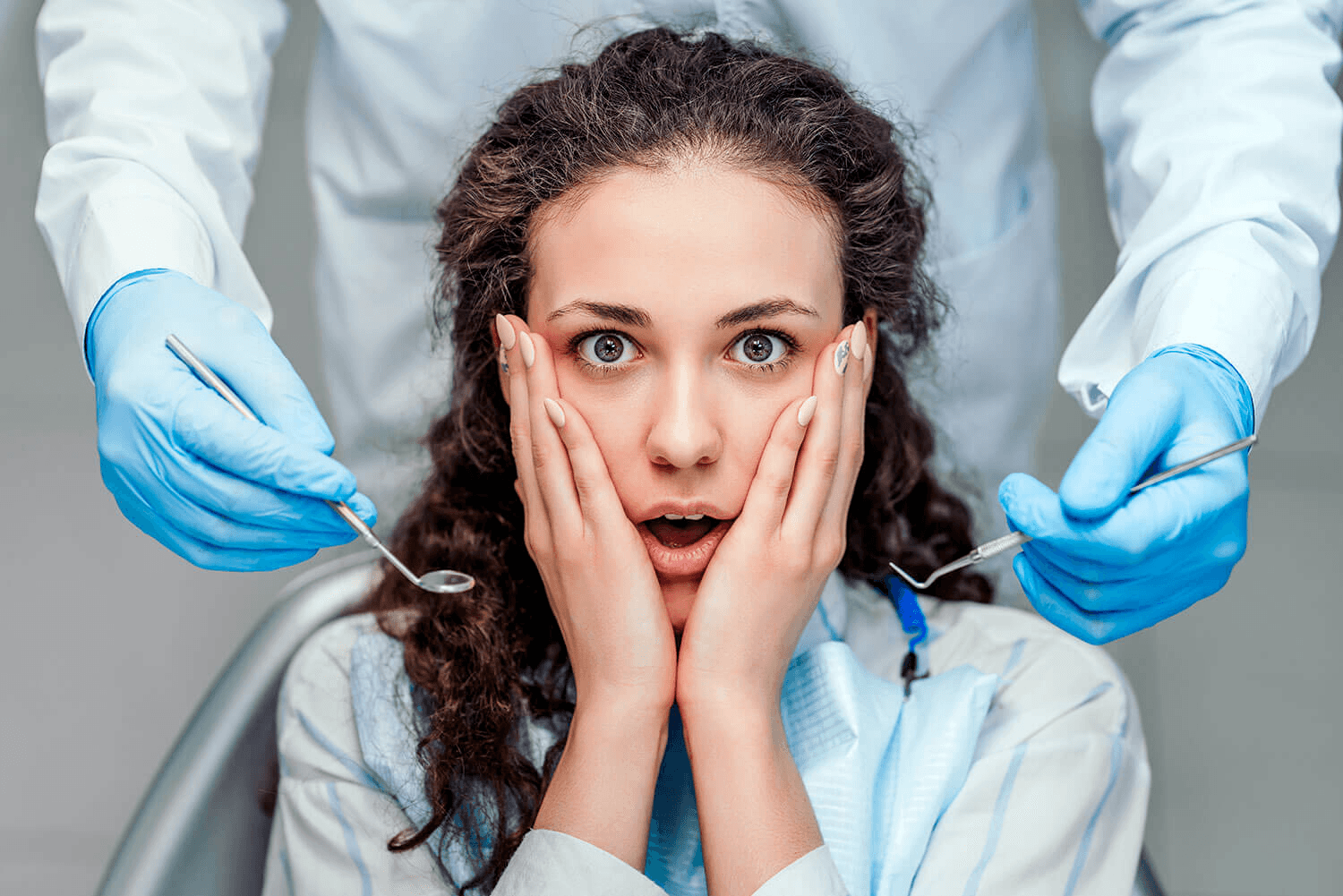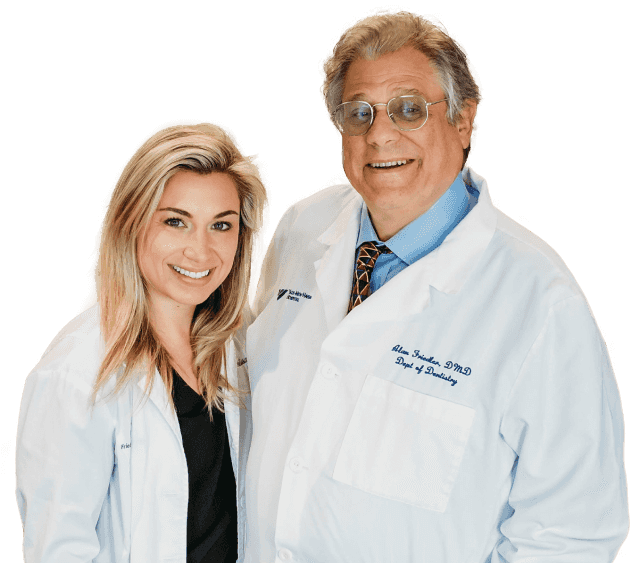
Are Cavities Contagious?
March 28, 2022
Dental caries, commonly known as tooth decay or cavities, is a multifactorial disease that is influenced by both environmental and genetic factors. Cavities themselves are not contagious, but the bacteria that cause cavities can be transmitted from one person to another through saliva. This means that if you share utensils, cups, or even kiss someone who has a cavity-causing bacteria in their mouth, you may be at an increased risk of developing cavities yourself.
However, it's important to note that the development of cavities is not solely dependent on the transmission of bacteria. Factors such as diet, oral hygiene habits, genetics, medications, and overall health can also contribute to the formation of cavities. Therefore, while it's important to practice good oral hygiene and limit your exposure to cavity-causing bacteria, it's not a guarantee that you will or won't develop cavities.
Saliva plays a crucial role in preventing dental caries by neutralizing the acids produced by bacteria in the mouth and remineralizing the tooth enamel. The quality and quantity of saliva are influenced by genetics. Some individuals may produce more saliva than others, and the composition of the saliva may also differ. For example, some individuals may have lower levels of bicarbonate and calcium ions in their saliva, which can lead to an increased risk of dental caries. Saliva production can decrease with age and the taking of certain medications which decrease salivary flow and thus increasing caries susceptibility.
Genetics also play a role in the structure and composition of the teeth. The thickness and mineral content of the enamel, the shape of the teeth, and the susceptibility of the teeth to acid erosion are all influenced by genetics. Some individuals may inherit softer or weaker teeth that are more prone to developing dental caries.
The immune system also plays a role in the development of dental caries. The immune response to bacterial colonization in the mouth can vary between individuals and may be influenced by genetics. Some individuals may have a more robust immune response that can help prevent the development of dental caries, while others may have a weaker immune response that increases their susceptibility to the disease.
In summary, genetics and the immune system can influence the development of dental caries by affecting the quality and quantity of saliva, the structure and composition of the teeth, and the immune response to bacterial colonization in the mouth. However, it's important to note that environmental factors such as diet, oral hygiene practices, and exposure to fluoride also play a significant role in the development of dental caries.

Our Office Hours
- Monday
- Tuesday
- Wednesday
- Thursday
- Friday
- Saturday
- Sunday
- 8 AM - 5 PM
- 8 AM - 5 PM
- 8 AM - 5 PM
- 8 AM - 5 PM
- 8 AM - 1 PM
- Closed
- Closed
Follow us at
© 2024 FRIEDLER DENTAL GROUP

